
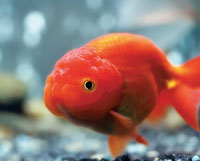
Trying to find nice fancy goldfish like this in stores can be a major disappointment.Q. I'm interested in purchasing about a dozen fancy goldfish of a single variety. For example, I'm interested in raising lionhead goldfish or, perhaps, oranda goldfish. The problem is I'm having trouble finding decent specimens of goldfish in my area (south Texas). Someone suggested that I consider importing goldfish from China or Hong Kong. Is this a common procedure with hobbyists? If so, how is it done, and is it worth it?
A. I really understand your frustration in trying to find top quality goldfish. Many hobbyists I speak with express disappointment when they visit aquarium stores in search of goldfish that resemble the pictures they've seen in books and magazines. The fish shown in published photographs are truly extraordinary goldfish specimens. Trying to find goldfish like these in stores can become a major disappointment.
Although aquarium stores do carry lionhead goldfish, oranda goldfish, bubble-eye goldfish and the like, these goldfish are rarely of the consistent quality — body shape, finnage, color — that the photos in magazines and books suggest. So why can't you find these spectacular fancy goldfish in local fish stores?
Frankly, in most cases, it does not make good business sense for store owners to stock fancy goldfish. First, good quality fancy goldfish are very expensive — even at wholesale prices. Retail prices are correspondingly higher, ranging from $50 to $500 per goldfish. For the cost of a dozen top quality fancy goldfish the store owner could get several hundred tropical fish.
A second, but related, point is that there just isn't a tremendous local market for fancy goldfish. Keeping any livestock is a risky business. In particular, the longer you have to hold the fish, the greater the chance of the fish dying. Where tropical fish tend to move through a fish store in a matter of weeks, high quality fancy goldfish might sit around for six months or longer. Consider that the death of one high quality fancy goldfish represents the same dollar loss as one or more aquariums of tropical fish.
Third, despite what most people think, goldfish are not easy to keep. They place heavy filtration and aeration demands on aquarium systems. They are prone to bacterial and fungal infections. They are big fish and take up a lot of aquarium space. All of this adds up to substantial complications for the fish store owner. Therefore, unless there's a proven local market, a personal interest in goldfish on the dealer's part or a desire to set up a special display aquarium, he or she is unlikely to invest in these fish.
That said, you can indeed find some real good quality specimen goldfish among "ordinary" fancy goldfish in aquarium stores. You have to look carefully, be discriminating and, above all, be patient. With lionhead goldfish, for example, look for the broadly rounded back without any sign at all of a dorsal fin. Check the double tail fins to see if the sides are equal in size and shape. Look at the quality of the head growth, checking for symmetry. In a aquarium of 20 or so "hobbyist" quality fish you can almost always find a real winner.
If competition in goldfish shows is your goal, one practical alternative is to special order these goldfish. Most good quality aquarium stores have sources for fancy goldfish from which they can order on a case by case basis. Of course, you don't get to pick out your fish (for many hobbyists that is half the fun), although with very expensive show quality goldfish some suppliers will provide photos so the customer can select the fish he or she wants.
Another excellent option is to contact the Goldfish Society of America. Their publication contains ads by many reliable domestic goldfish breeders of excellent quality goldfish. These can be shipped to you directly. Some goldfish breeders may even be in your area so you can visit them and select your goldfish.
I strongly discourage your attempting to import goldfish directly from overseas. There are many complications involved, with no real advantages. You have no guarantee that you will like the fish you get, and you certainly are not going to return them!
The time the fish will spend in transit will be significantly greater than fish of domestic origin. Several extra hours in a box can mean the difference between live goldfish and dead goldfish.
Then too the costs of air shipping a handful of fish from overseas make the price per fish pretty high. Importers get special discounts because they bring in large quantities of such fish. So it is not obvious that you will save any money.
In the end, it makes sense to let someone else deal with the import goldfish headache. It is not worth it.
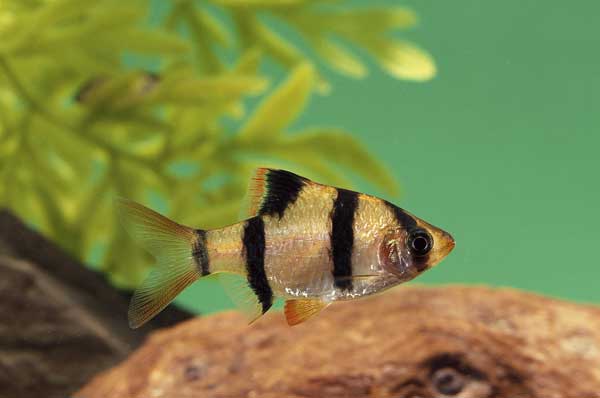 5 Great Freshwater Aquarium Fish
You have your aquarium all set up. The filter has been on fo
5 Great Freshwater Aquarium Fish
You have your aquarium all set up. The filter has been on fo
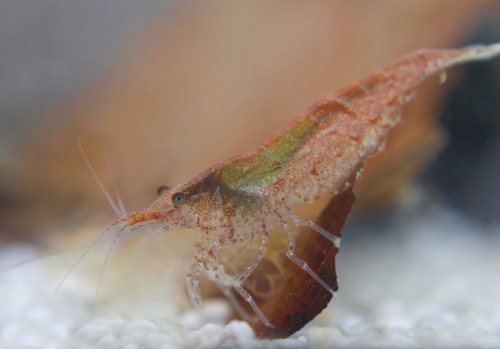 Setting Up a Freshwater Shrimp Tank
Shrimps are interesting aquatic animals that can be raised a
Setting Up a Freshwater Shrimp Tank
Shrimps are interesting aquatic animals that can be raised a
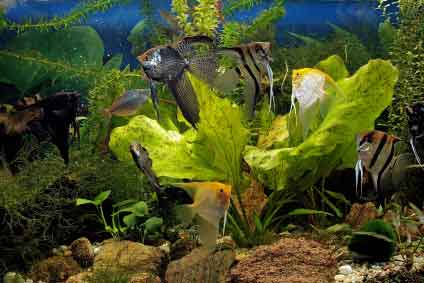 Hiding Fish
A common complaint, especially with new hobbyists, is, &
Hiding Fish
A common complaint, especially with new hobbyists, is, &
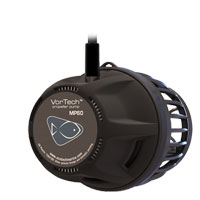 EcoTech Marine, Eheim, and Rolf C. Hagen (USA) Corp. Win Pet Product News International Editors Choice Awards
EcoTech Marine VorTech MP60.
Eheims Aquastyle Aquarium.
EcoTech Marine, Eheim, and Rolf C. Hagen (USA) Corp. Win Pet Product News International Editors Choice Awards
EcoTech Marine VorTech MP60.
Eheims Aquastyle Aquarium.
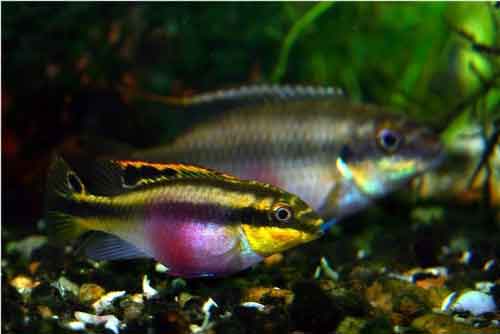 Kribensis Care and Breeding
Kribs are small, colorful cichlids that have become a staple
Kribensis Care and Breeding
Kribs are small, colorful cichlids that have become a staple
Copyright © 2005-2016 Pet Information All Rights Reserved
Contact us: www162date@outlook.com